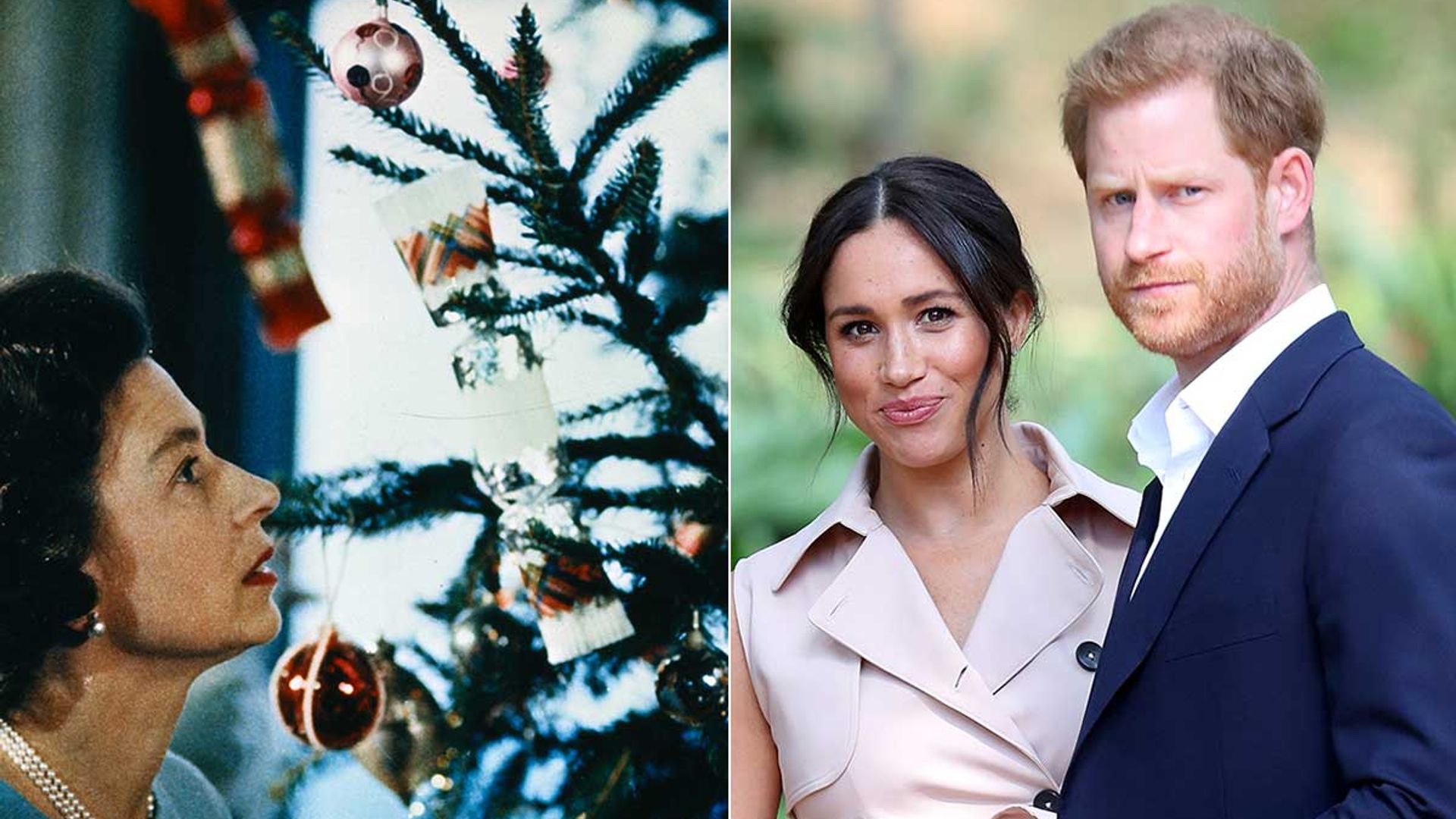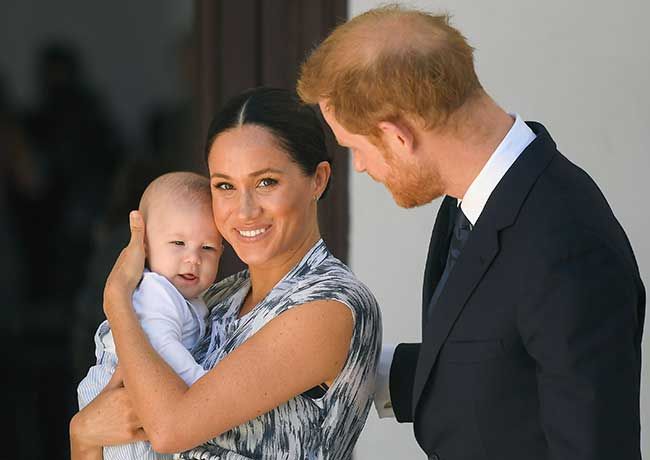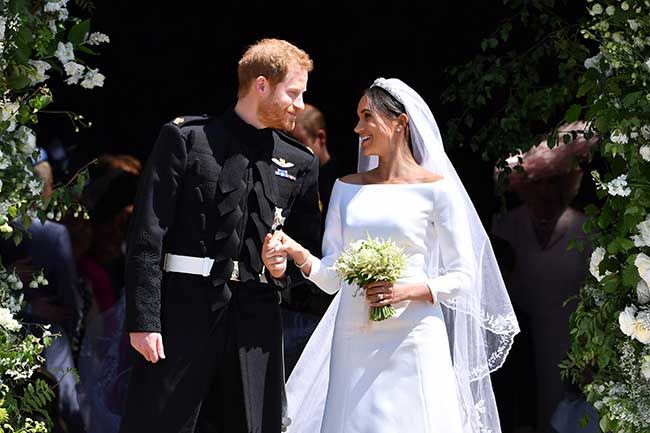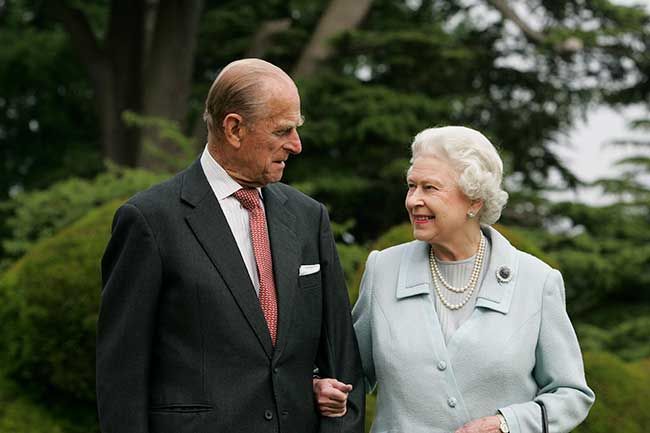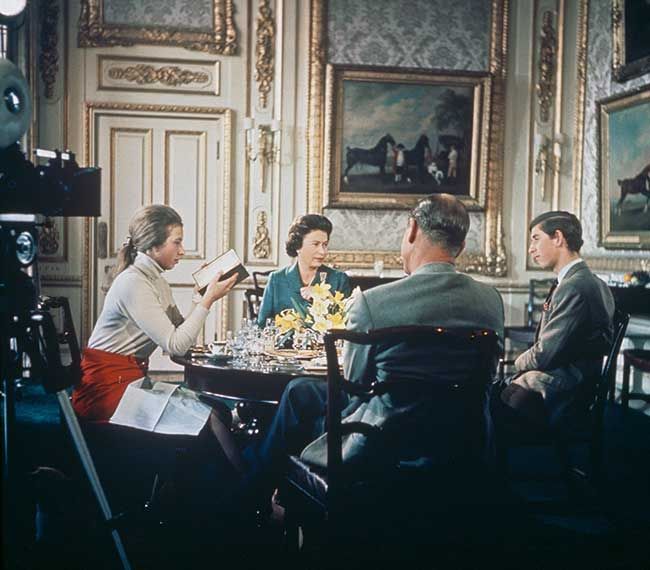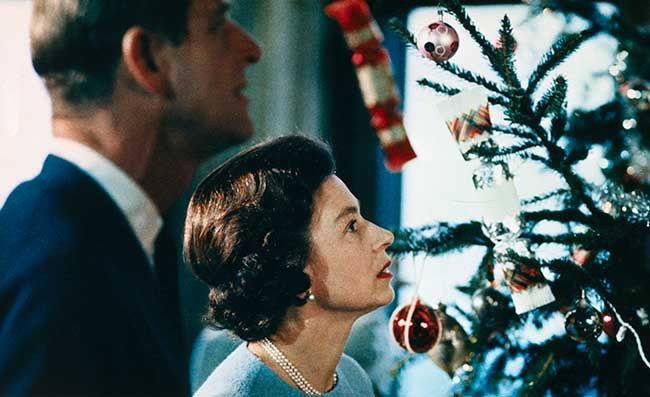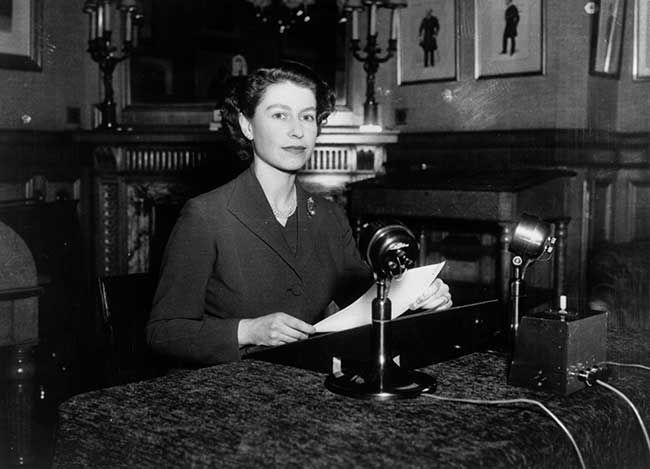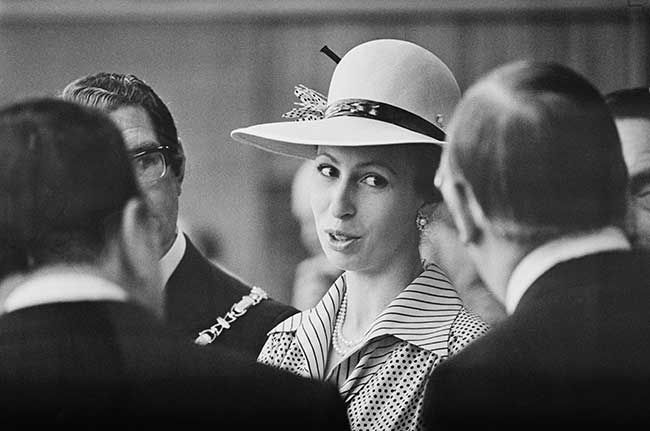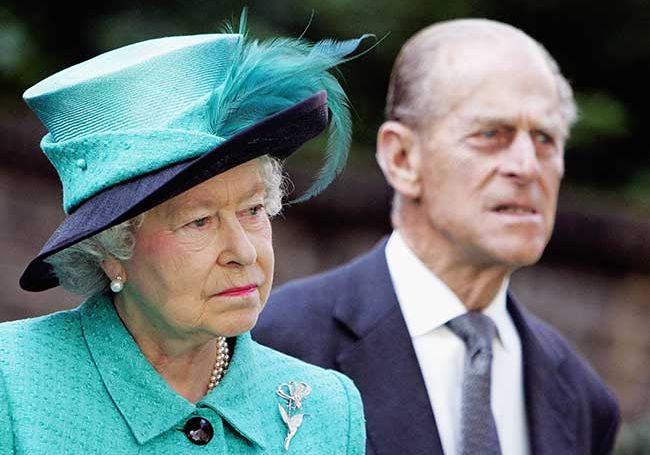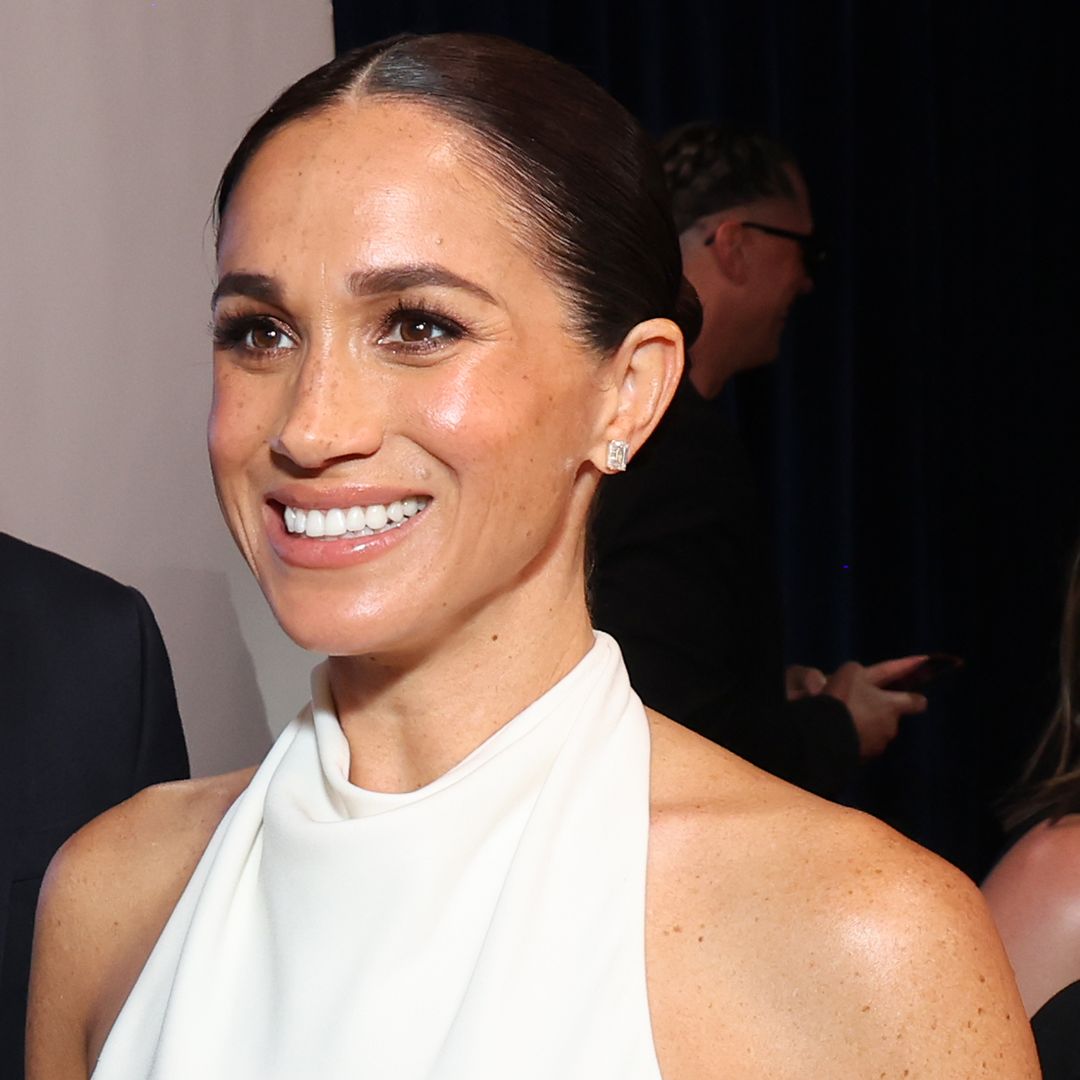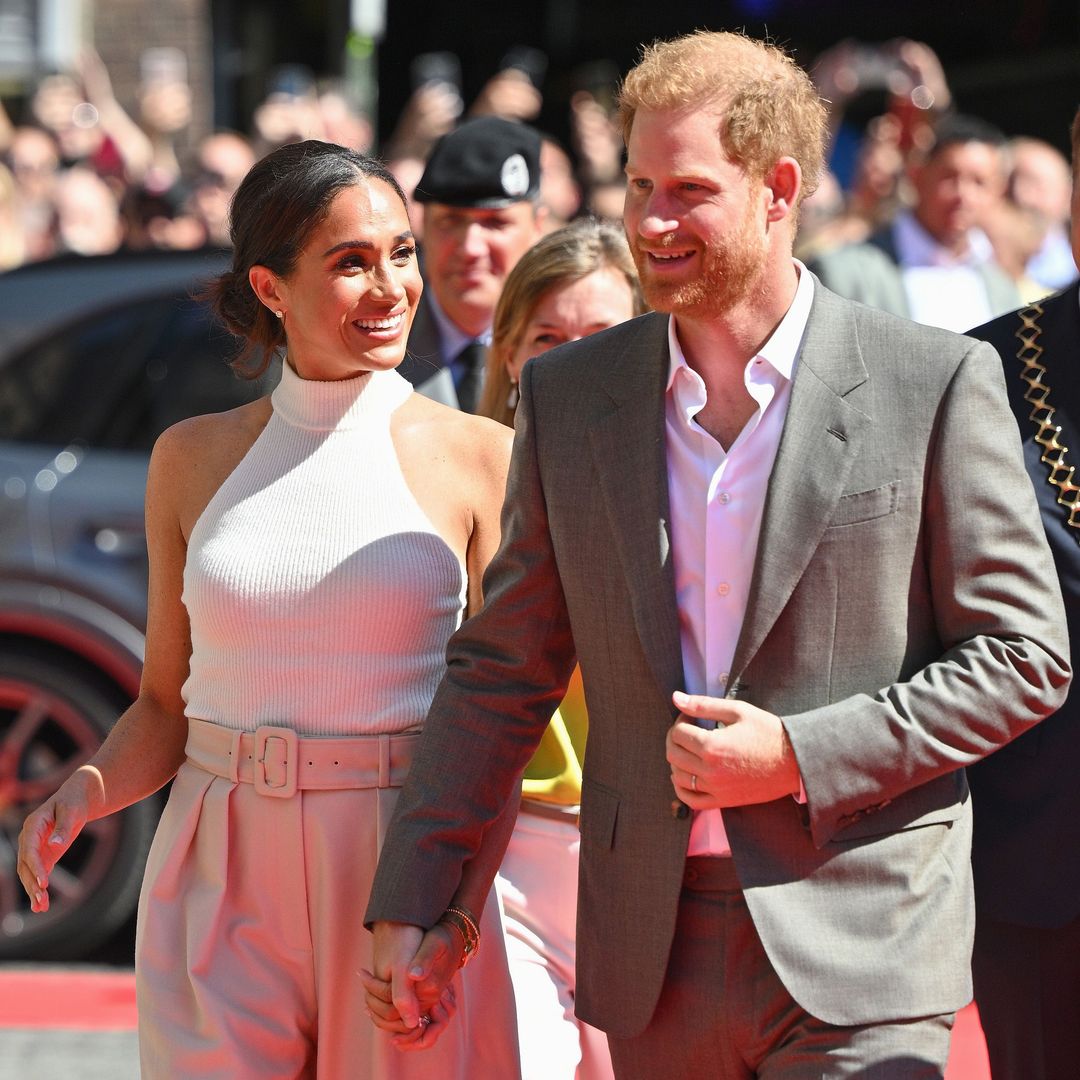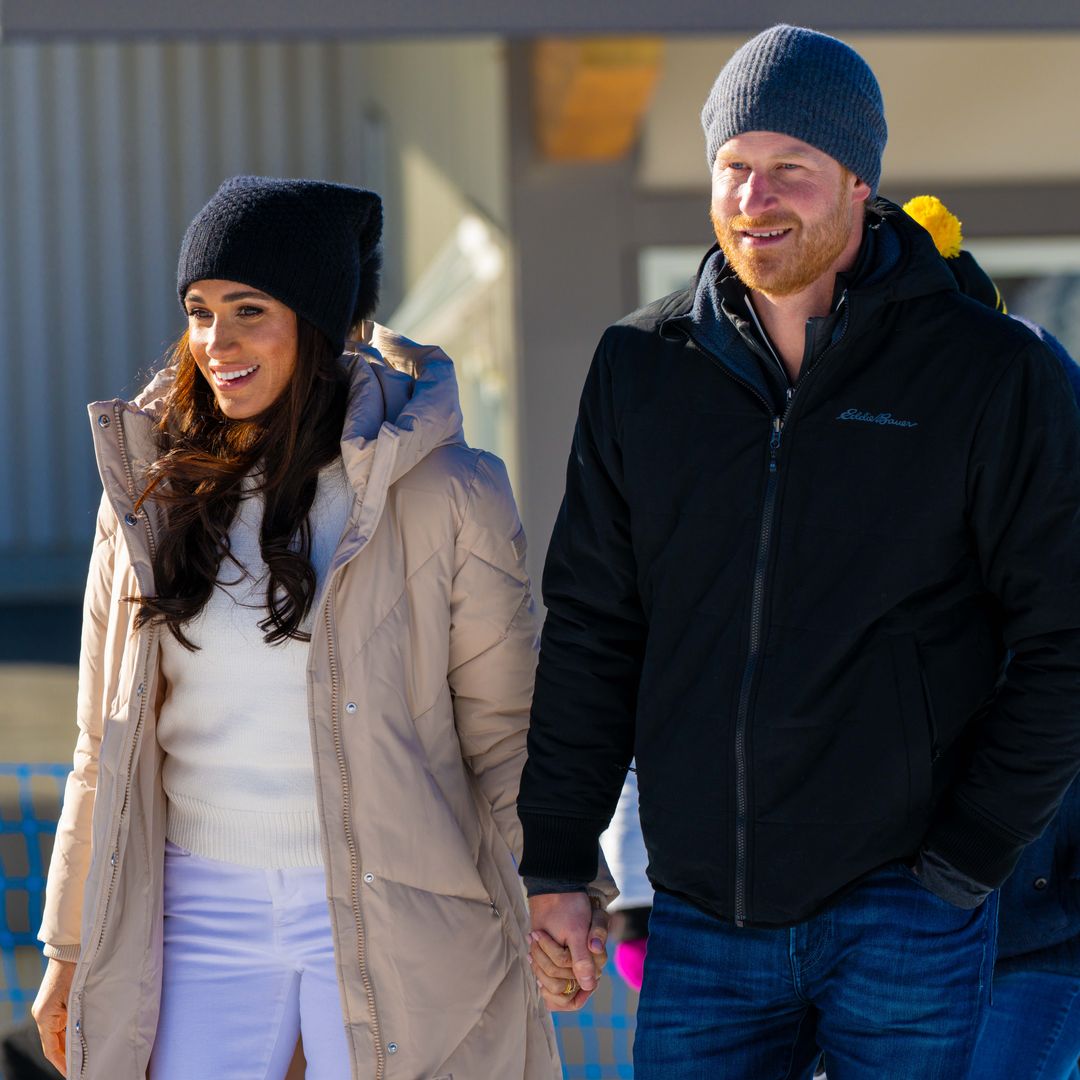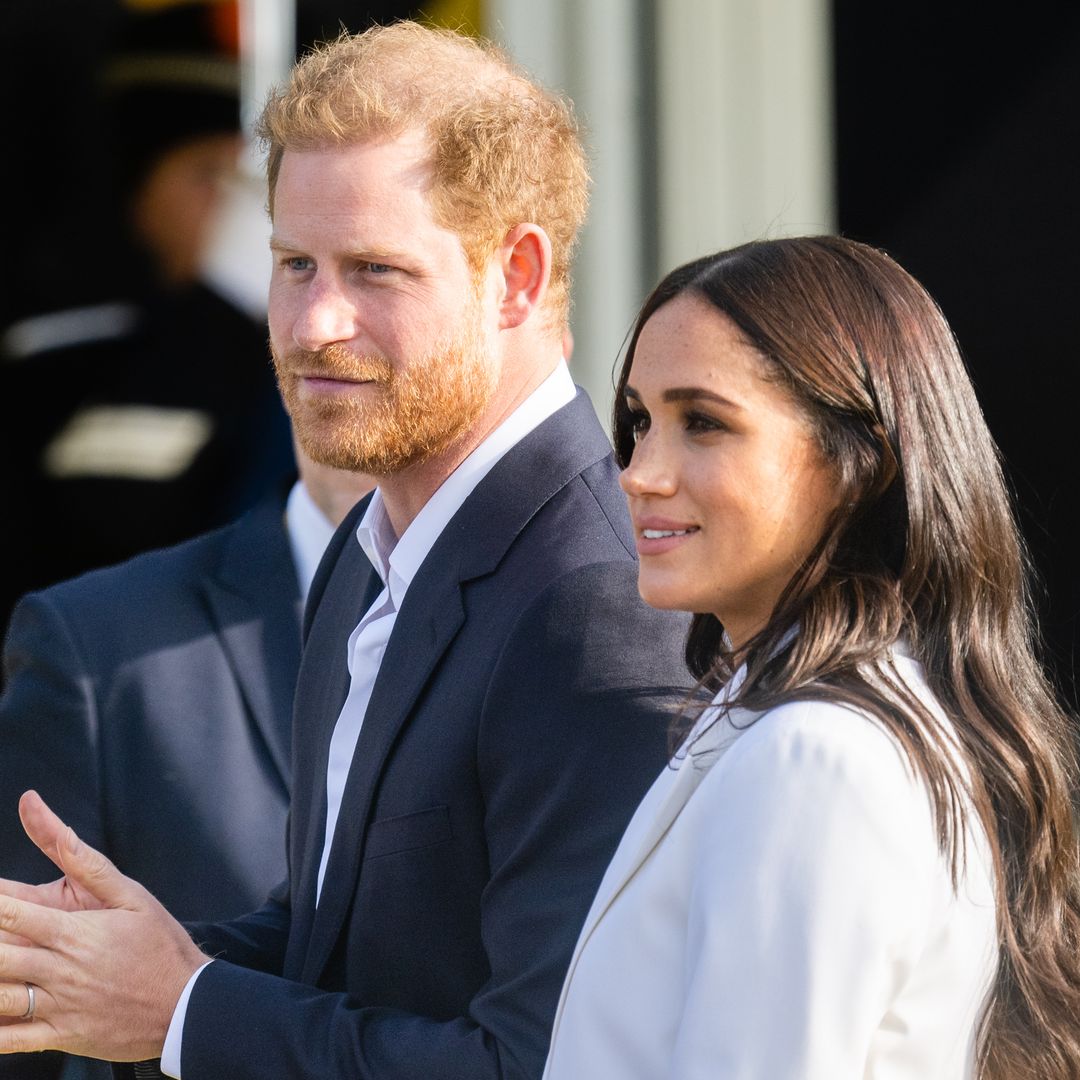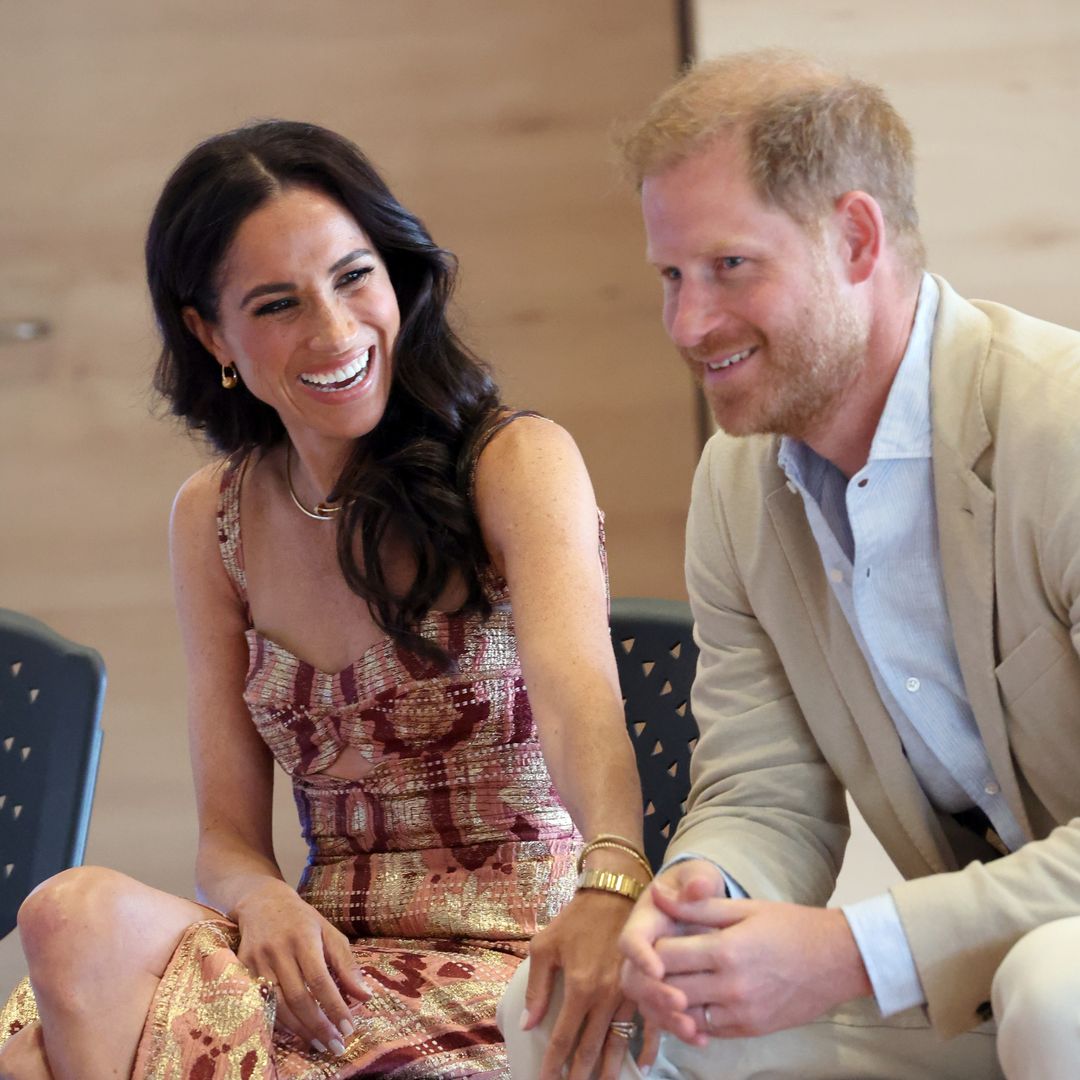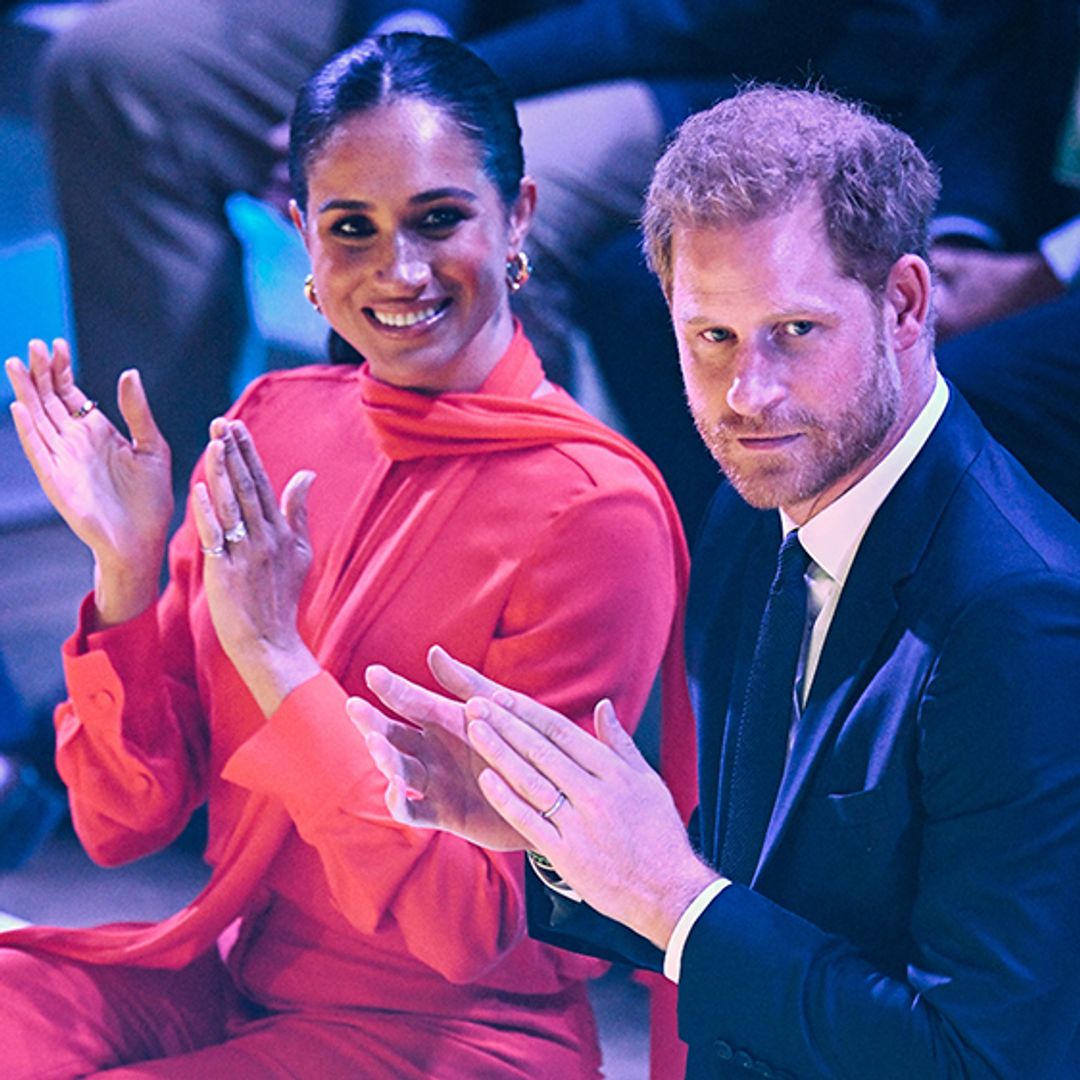The Duke and Duchess of Sussex are set to release their highly anticipated Netflix docuseries on 8 December. The eye-opening documentary – originally titled Chapters - focuses on Meghan and Harry's enduring love story.
READ: Will Meghan Markle and Prince Harry's children make an appearance in new Netflix show?
Unbeknownst to many, this isn't the first time members of the royal family have taken part in a groundbreaking documentary. Back in the 60s, the late monarch allowed the BBC to film and produce an intimate yet controversial programme.
WATCH: Prince Harry and Meghan Markle: a look back at their love story
Ahead of Meghan and Harry's documentary release, the team at HELLO! is taking a deep dive into how their docuseries compares to the Queen's banned documentary.
MORE: Meghan Markle reveals Archie and Lilibet's different morning routines
READ: Inside Meghan Markle's mother Doria's whirlwind romance and unconventional wedding
Meghan and Harry's Netflix docuseries
The couple signed their multi-year $100million deal with the hugely popular streaming service giant back in 2020.
Meghan and Harry relocated to California in 2020
At the time, Meghan and Harry said: "Our focus will be on creating content that informs but also gives hope. As new parents, making inspirational family programming is also important to us. [Netflix's] unprecedented reach will help us share impactful content that unlocks action."
And in a recent interview with Variety magazine, the Duchess said: "It's nice to be able to trust someone with our story — a seasoned director whose work I've long admired — even if it means it may not be the way we would have told it. But that's not why we're telling it. We're trusting our story to someone else, and that means it will go through their lens."
The loved-up couple tied the knot in 2018
Whilst the royals have remained tight-lipped about the finer details of their Netflix project, Meghan and Harry have confirmed that their docuseries will primarily centre on their love story. In an interview with The Cut, the mum-of-two revealed it will cover: "The piece of my life I haven't been able to share, that people haven't been able to see, is our love story."
The Queen's royal documentary
In a bid to revive public interest in the royal family, the BBC proposed a fly on the wall documentary in 1969. The eye-opening programme, entitled Royal Family, sought to shine a light on how the royals behave behind palace walls.
The late Queen allowed the BBC to film behind palace walls
The idea was initially proposed by the Queen's press secretary, an Australian called William Heseltine, before being quickly picked up by Prince Philip. The Queen's late husband had hoped that the documentary would paint the royals in a favourable light, allowing them to ditch their reputation as archaic royals.
Despite initial reservations, the late monarch agreed to the proposition and allowed the BBC to film the royal family for a period of 12 months. Candid footage featured all sorts of royal moments including snippets of the Windsors watching TV, enjoying picnics, and glimpses of royal tours.
A snippet from the banned documentary
Other candid scenes captured Prince Philip barbecuing sausages at Balmoral in addition to the Queen purchasing an ice cream for Prince Edward with spare change from her purse, before declaring: "This disgusting gooey mess is going to be in the car, isn't it?"
Royal Family aired for the first time on June 21, 1969 in black and white on the government-owned BBC, and then a week later on ITV in colour. Dubbed a triumph, the documentary was well received by the public and reached a total of 40 million worldwide, including 68% of the adult British public.
The documentary was an instant success
However, Her Majesty is reported to have regretted the decision to allow the cameras into her home, and Sir David Attenborough, then a BBC controller, is said to have told the filmmaker that the film risked "killing the monarchy". And by 1970, the film was locked away in royal archives, never to be seen in its entirety again.
It caused such a commotion that the Queen chose not to give a televised Christmas speech that year, issuing a written message instead.
The Queen later banned the programme
Aside from Her Majesty, Princess Anne was particularly opposed to the documentary. At the time, she said: "I never liked the idea of Royal Family, I thought it was a rotten idea."
She added: "The attention which had been brought upon one ever since one was a child… you just didn't need any more."
Princess Anne took issue with the documentary
In an unlikely turn of events, the 90-minute documentary was leaked on YouTube back in January 2021 – and has since been viewed by millions. Indeed, on its first release, the revelatory programme was watched by some 23 million people in the UK, and a staggering 350 million people worldwide.
A royal source told The Telegraph: "This is a matter for the BBC. From time to time, things pop up on the internet that should not be there. We will assume it's going to be taken down."
The eye-opening programme made the rounds on YouTube
Much to the Queen's delight, the controversial clip was swiftly removed from YouTube "due to a copyright claim by the British Broadcasting Corporation (BBC)".
